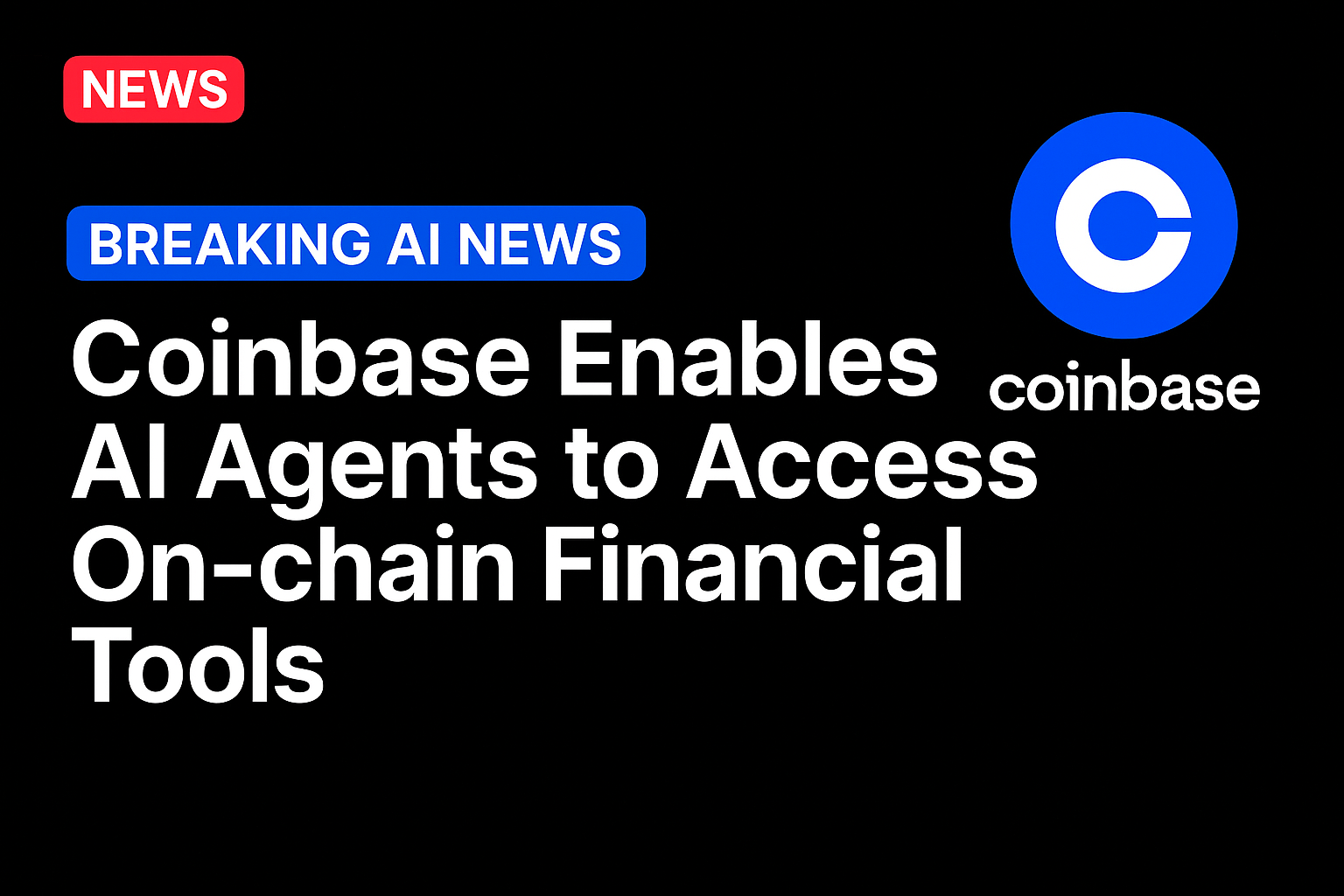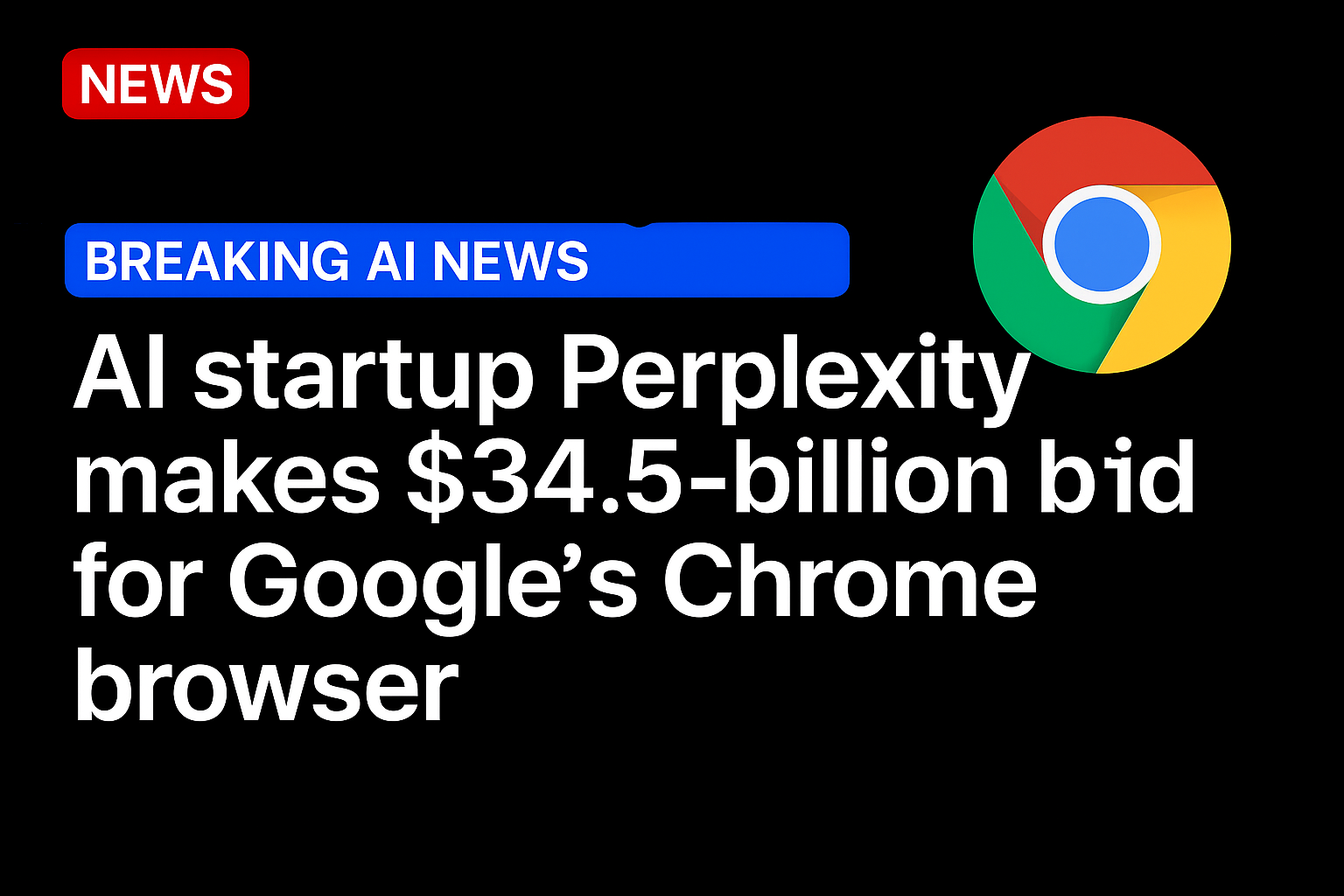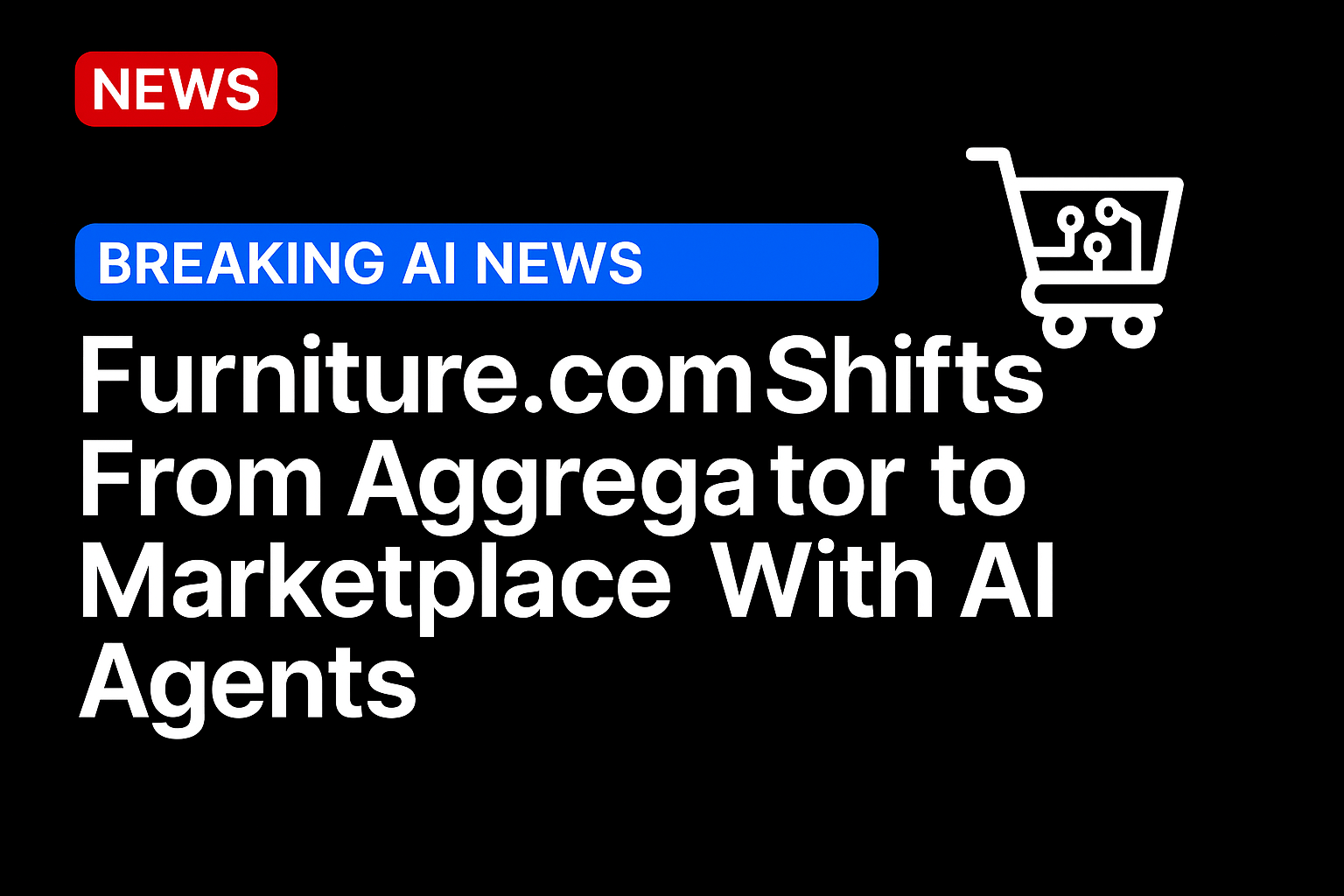
Coinbase has launched a tool that supports agentic commerce by giving artificial intelligence agents access to on-chain financial tools like wallets, on-ramps and stablecoin payments.
Dubbed “Payments MCP,” the tool currently works with the large language models Claude Desktop, Claude Code, Codex, Gemini and Cherry Studio, the company said in a Wednesday (Oct. 22) blog post. It will be expanded to other LLMs soon, per the post.
The tool operates via the payment protocol x402, according to the post.
Payments MCP features wallet creation and sign in with just an email, customization via a user-friendly interface and an integrated x402 Bazaar Explorer that can discover application programming interfaces and services the agent can pay for, according to the post.
In supported regions, it includes built-in on-ramp and guest checkout to help agents start transacting instantly, the post said.
The tool runs locally on the user’s desktop to provide speed and security, per the post.
“The future of AI requires agents to be able to transact and do, not just read and write,” Coinbase said in the post. “Payments MCP gives agents the ability to take action in the global economy, safely and autonomously. Agents can now pay for compute, retrieve paywalled data, tip creators, or even manage lightweight business operations, all on their own and via x402.”
Coinbase introduced x402 in May, saying this open standard employs the original HTTP “402 Payment Required” status code to embed stablecoin payments into web interactions.
The x402 open standard allows developers and AI agents to pay for APIs, services and software directly with stablecoins over HTTP, offering built-in authentication, automatic settlement and integration into existing web infrastructure.
The PYMNTS Intelligence and Visa collaboration “The Prompt Economy™: How AI Agents Turn Conversation Into Commerce” found that agentic commerce is on the rise.
However, the report found that because of concerns about data security, governance and trust issues, just 15% of chief financial officers at large enterprises were piloting agentic AI.
In other, separate developments in this space, Visa introduced a tool allowing secure communication between merchants and AI agents; PayOS and Mastercard completed the first live agentic payment using a Mastercard Agentic Token; and Google unveiled a payments protocol for agentic commerce called Agent Payments Protocol (AP2).
Source: https://www.pymnts.com/




